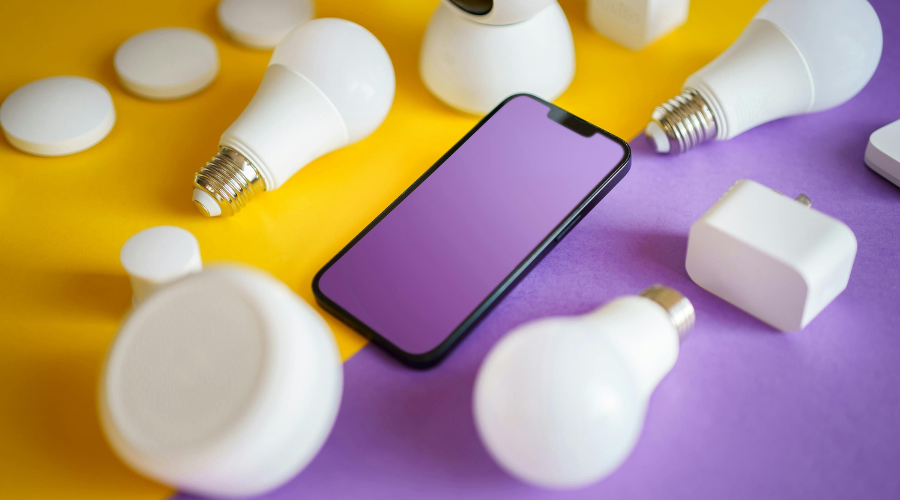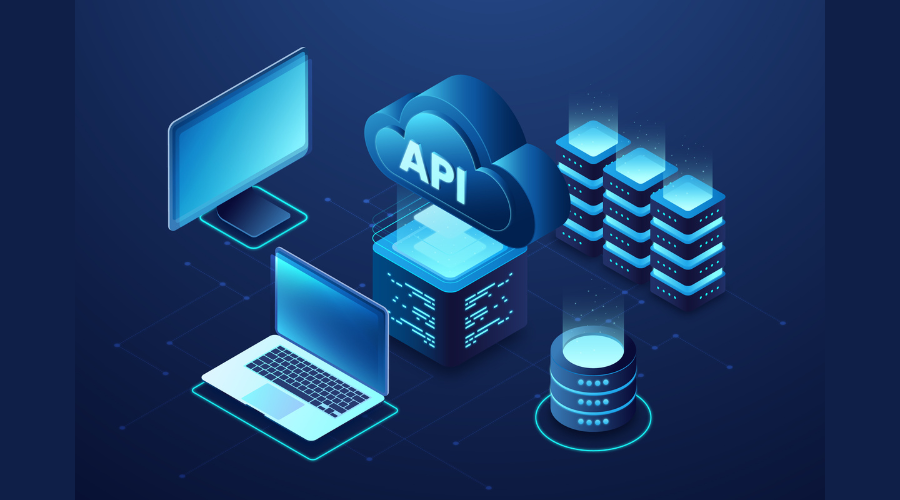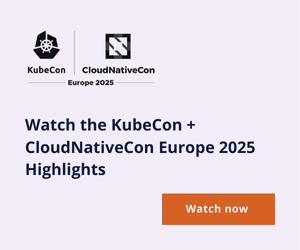At Build 2025, Microsoft’s annual developer conference, the company laid out a vision for the future of artificial intelligence (AI) where agents, powered by advanced reasoning and memory, are front and center.
Developers love AI agents
AI agents are becoming the norm for how developers work. With over 15 million developers using GitHub Copilot, Microsoft showed how AI features like agent mode and code review are helping teams code, test, and troubleshoot faster. GitHub Copilot has evolved from a simple coding assistant to a more powerful agentic partner, supporting asynchronous code generation and model management within GitHub.
Meanwhile, Microsoft’s Azure AI Foundry is allowing companies to design, deploy, and manage AI applications and agents at scale. Fujitsu and NTT DATA are using these capabilities to improve sales workflows, create proposals, and uncover new customer insights. Healthcare organizations like Stanford Health Care are using Microsoft’s solutions to simplify administrative tasks and speed up decision-making.
Frank X. Shaw, Microsoft’s Chief Communications Officer, said over 230,000 organizations, including most Fortune 500 companies, are already using Microsoft 365 Copilot to brainstorm and build solutions. This is how AI is becoming an integral part of the modern business landscape.
More tools to build AI solutions
Microsoft Build 2025 also introduced several new tools to help developers build stronger AI solutions. Developers can now run, fine-tune, and deploy large language models (LLMs) locally and in the cloud with simplified APIs for vision and language tasks.
The event also showcased Azure AI Foundry’s expanded model offerings, including new Grok models from xAI, and introduced tools like the Model Leaderboard and Model Router. These tools help developers evaluate model performance and choose the best model for the job, making AI projects more flexible and accurate.
Security and governance were also top of mind. Microsoft announced the Azure AI Foundry Agent Service, which supports complex multi-agent systems and has robust observability tools for performance, quality, and safety. To address security, Microsoft introduced Entra Agent ID, which assigns unique identities to AI agents to ensure compliance and prevent unmanaged agent deployments. This is to build trust in AI systems, especially in the enterprise.
Building an open and collaborative agentic web
At Build 2025, the big theme was the open agentic web, where AI agents work together and operate across different platforms and contexts. With first-party integration in GitHub, Copilot Studio, Azure AI Foundry, and Windows MCP, ensures AI agent communication is seamless and secure.
To back this up, Microsoft announced NLWeb, a new open framework that lets websites integrate conversational AI into their data and models. Like HTML for the web, NLWeb will make AI-driven interactions part of the online experience and give control over data privacy and content accessibility.
They also talked about AI in scientific research and announced Microsoft Discovery, a platform to accelerate breakthroughs in areas like drug discovery and sustainability. By putting AI agents into the research process, Discovery will reduce time to market and expand scientific exploration.
Microsoft’s announcements show the path to a more connected AI world. With new tools, platforms, and open standards, Microsoft is enabling developers and organizations to build AI agents that are powerful, secure, collaborative, and adaptable. As all this unfolds, Microsoft is positioning itself at the forefront of the AI revolution and how we build, connect, and discover.






